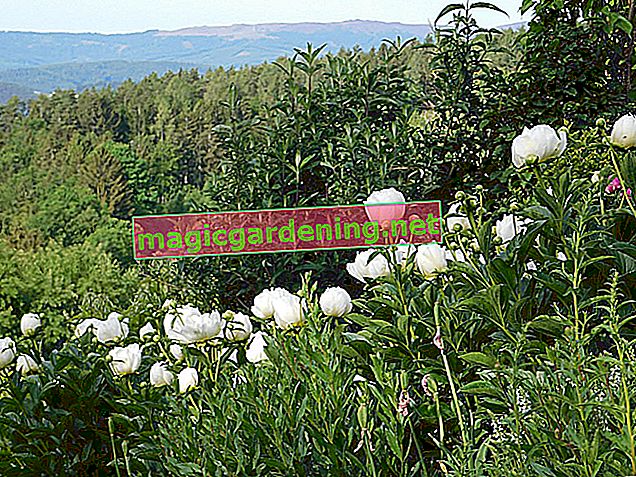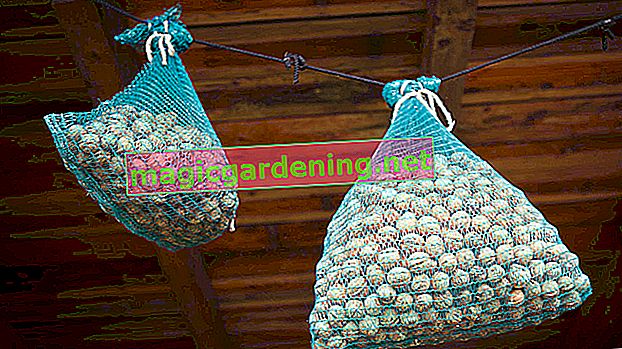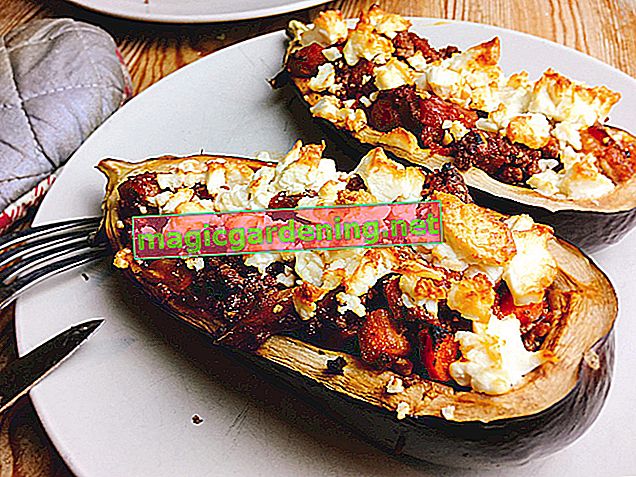
Professional soil analysis provides information
Experienced hobby gardeners do not randomly apply apparently suitable fertilizers to their vines. The rule of thumb must be heeded: As much as necessary - as little as possible. Only a thorough soil analysis by a professional laboratory provides certainty about the actual needs of the soil. For an amount under 50 euros, you will receive a detailed result with an individual fertilizer recommendation.
also read
- Grapevines even thrive on the balcony - this is how it works
- Fertilize carrots correctly and in a balanced way
- These climbing aids give vines the best possible growth
The right fertilization rhythm for grapevines
Environmentally conscious hobby gardeners avoid artificial fertilizers with long-term effects in their green realm. Instead, they use a wide range of organic fertilizers. Compost, manure, poultry manure, plant manure, worm tea or guano are possible. (€ 10.44 at Amazon *) The resulting vines score with class instead of mass. How to proceed:
- Incorporate organic fertilizer into the bed at the beginning of the growing season in March / April
- Give the vines in the tub diluted herbal manure or worm tea
- then re-fertilize twice a month
- The last fertilization takes place in September with an additional application of algae lime or rock flour
After the autumn fertilization, this year's nutrient supply ends so that the grapevine can ripen in time for winter.
Targeted mulching supports organic fertilization
A layer of mulch keeps the soil warm and moist for longer, releasing additional nutrients at the same time. Grass clippings are ideal as mulch material, whereas cleared leaves must be disposed of due to the risk of infection with powdery mildew. In contrast, experienced hobby winemakers like to use chopped vine wood and grape seeds as mulch. (€ 213.00 at Amazon *) The finishing point on the vine must remain vacant.
The ashes of the grapevine are particularly suitable for promoting frost resistance. This is rich in potassium, which specifically strengthens the cell walls of the plant tissue. As part of the autumn fertilization, therefore, spread the vine ash on the planting disc in a thin layer.
Tips & Tricks
Ecologically oriented hobby gardeners sow green manures under the vines, such as alfalfa, wild poppy seeds or flat peas. These loosen up the soil, release additional nutrients, reduce erosion and strengthen the resistance to diseases.








